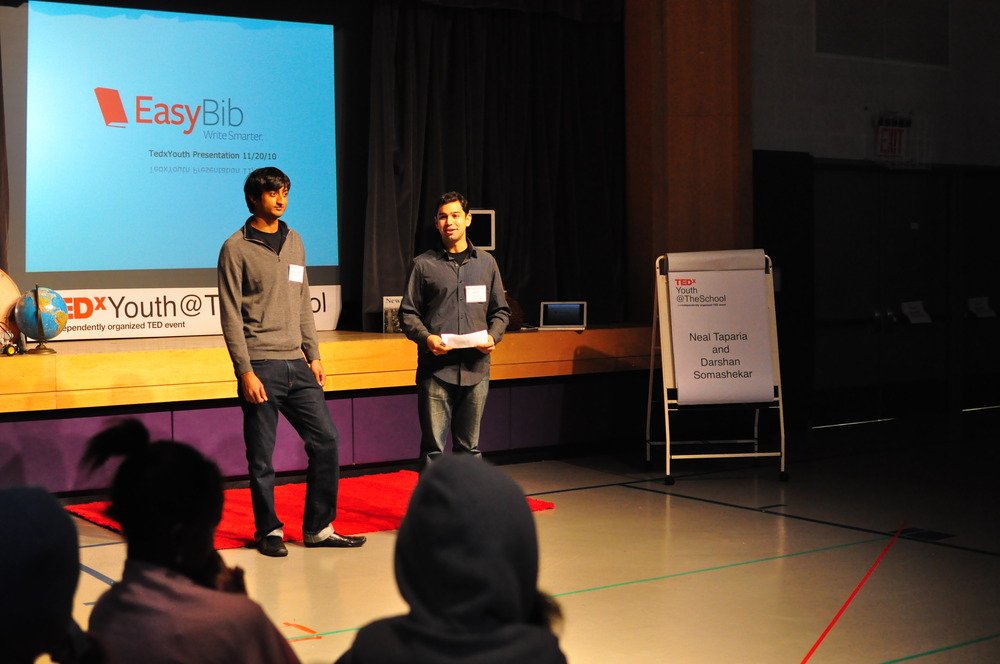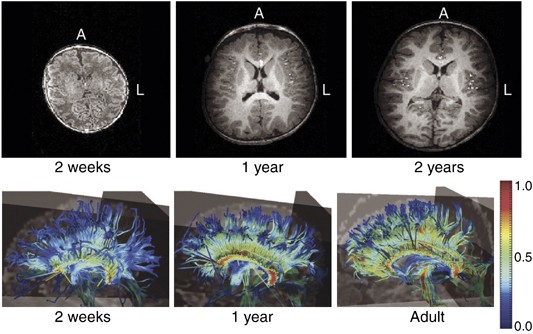Your brain has been fooling you your entire life.
This Nobel Prize winner spent 40 years proving it.
Here are the 10 mental traps controlling every decision you make: 🧵

This Nobel Prize winner spent 40 years proving it.
Here are the 10 mental traps controlling every decision you make: 🧵


After surviving the Holocaust, Daniel Kahneman became obsessed with understanding human behavior.
Why did some people help Jews while others turned them in?
Why did seemingly rational people make wildly irrational choices?
The answer would take him decades to uncover...
Why did some people help Jews while others turned them in?
Why did seemingly rational people make wildly irrational choices?
The answer would take him decades to uncover...
In 1969, Kahneman met Amos Tversky.
Together, they discovered our brains operate in two distinct modes.
They called them 'System 1' and 'System 2.'
This discovery would revolutionize economics, psychology, and how we understand human behavior.
Together, they discovered our brains operate in two distinct modes.
They called them 'System 1' and 'System 2.'
This discovery would revolutionize economics, psychology, and how we understand human behavior.
System 1:
This is lightning-fast, intuitive thinking. That no-effort, automatic kind. It's how we make snap judgments.
System 2:
This is slow, analytical thinking.—used for complex problems & questioning assumptions. It takes mental effort.
But here's the interesting part...
This is lightning-fast, intuitive thinking. That no-effort, automatic kind. It's how we make snap judgments.
System 2:
This is slow, analytical thinking.—used for complex problems & questioning assumptions. It takes mental effort.
But here's the interesting part...
System 1 is in charge 95% of the time.
And while this quick thinking helped our ancestors survive ("Is that a tiger?"), it creates massive blind spots in modern life.
These blind spots are called cognitive biases.
Here are the 10 most powerful ones Kahneman discovered:
And while this quick thinking helped our ancestors survive ("Is that a tiger?"), it creates massive blind spots in modern life.
These blind spots are called cognitive biases.
Here are the 10 most powerful ones Kahneman discovered:

1. Anchoring Bias
Your brain latches onto the first piece of information it receives.
If you see a $1000 watch first, a $400 watch seems cheap.
See the $400 watch first? It seems expensive.
This is why stores show you expensive items before revealing "deals"...
Your brain latches onto the first piece of information it receives.
If you see a $1000 watch first, a $400 watch seems cheap.
See the $400 watch first? It seems expensive.
This is why stores show you expensive items before revealing "deals"...
2. Loss Aversion
Humans feel losses 2x more intensely than equivalent gains.
Losing $100 hurts more than finding $100 feels good.
This explains why investors hold onto losing stocks too long - the pain of accepting the loss is worse than the potential gain of reinvesting.
Humans feel losses 2x more intensely than equivalent gains.
Losing $100 hurts more than finding $100 feels good.
This explains why investors hold onto losing stocks too long - the pain of accepting the loss is worse than the potential gain of reinvesting.
3. Availability Bias
We overestimate the likelihood of events we can easily recall.
After hearing about a plane crash, flying seems more dangerous - even though driving to the airport is statistically far riskier.
Our memory tricks us into false probability calculations.
We overestimate the likelihood of events we can easily recall.
After hearing about a plane crash, flying seems more dangerous - even though driving to the airport is statistically far riskier.
Our memory tricks us into false probability calculations.
4. Confirmation Bias
We seek information that confirms our existing beliefs and ignore contradictory evidence.
This is why two people can look at the same data and reach opposite conclusions.
Their brains are literally filtering for different information.
We seek information that confirms our existing beliefs and ignore contradictory evidence.
This is why two people can look at the same data and reach opposite conclusions.
Their brains are literally filtering for different information.
5. Planning Fallacy
We consistently underestimate how long tasks will take.
This isn't just poor planning - our brains are wired to be optimistic about future scenarios.
That's why "it'll only take 5 minutes" usually means 15-20.
We consistently underestimate how long tasks will take.
This isn't just poor planning - our brains are wired to be optimistic about future scenarios.
That's why "it'll only take 5 minutes" usually means 15-20.
6. Hindsight Bias
After an event occurs, we believe we "knew it all along."
This makes us overconfident about our ability to predict future events.
It's why everyone "knew" the 2008 crash was coming... after it happened.
After an event occurs, we believe we "knew it all along."
This makes us overconfident about our ability to predict future events.
It's why everyone "knew" the 2008 crash was coming... after it happened.
7. Framing Effect
How information is presented changes how we decide.
"90% fat-free" sounds better than "contains 10% fat"
"Save $100" is more appealing than "Avoid a $100 loss"
Same information, different frames, totally different decisions.
How information is presented changes how we decide.
"90% fat-free" sounds better than "contains 10% fat"
"Save $100" is more appealing than "Avoid a $100 loss"
Same information, different frames, totally different decisions.
8. Sunk Cost Fallacy
We continue investing in something because of past investments, not future value.
Finishing a bad book because you're "halfway through"
Staying in a bad relationship because "we've been together so long"
The past cost is irrelevant to future decisions.
We continue investing in something because of past investments, not future value.
Finishing a bad book because you're "halfway through"
Staying in a bad relationship because "we've been together so long"
The past cost is irrelevant to future decisions.
9. Overconfidence Effect
We systematically overestimate our knowledge and abilities.
90% of drivers think they're above average.
Most students think they'll finish assignments earlier than they do.
This bias leads to poor planning and risky decisions.
We systematically overestimate our knowledge and abilities.
90% of drivers think they're above average.
Most students think they'll finish assignments earlier than they do.
This bias leads to poor planning and risky decisions.
10. Present Bias
We dramatically favor immediate rewards over future ones.
"I'll start the diet tomorrow"
"I'll save money next month"
Our brain values present pleasure/pain far more than future consequences.
This explains most procrastination.
We dramatically favor immediate rewards over future ones.
"I'll start the diet tomorrow"
"I'll save money next month"
Our brain values present pleasure/pain far more than future consequences.
This explains most procrastination.
Kahneman's work shows both the incredible power of our mind and its flaws.
But understanding our biases gives us a superpower:
We can catch our brain's automatic responses and choose better ones.
Yes, your mind will still play tricks on you. But now you'll see them coming.
But understanding our biases gives us a superpower:
We can catch our brain's automatic responses and choose better ones.
Yes, your mind will still play tricks on you. But now you'll see them coming.
Hey, I'm Darshan.
I built an ed-tech business as a high schooler, grew it to 30 million users, and sold it to Chegg for $60 million.
Now, I'm building a multi-million dollar casual gaming startup with only 5 people.
And I write on X about stuff I find cool.
I built an ed-tech business as a high schooler, grew it to 30 million users, and sold it to Chegg for $60 million.
Now, I'm building a multi-million dollar casual gaming startup with only 5 people.
And I write on X about stuff I find cool.
Thanks for reading! If you enjoyed this:
1. Follow me @darshan for more
2. Repost this thread if you found it helpful
1. Follow me @darshan for more
2. Repost this thread if you found it helpful
https://twitter.com/1299171/status/1859643034679566340
• • •
Missing some Tweet in this thread? You can try to
force a refresh


















